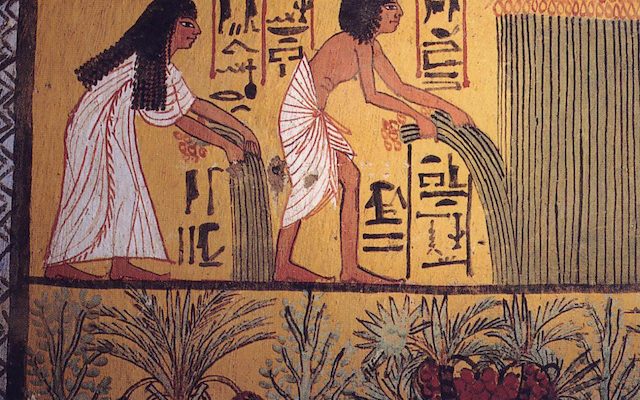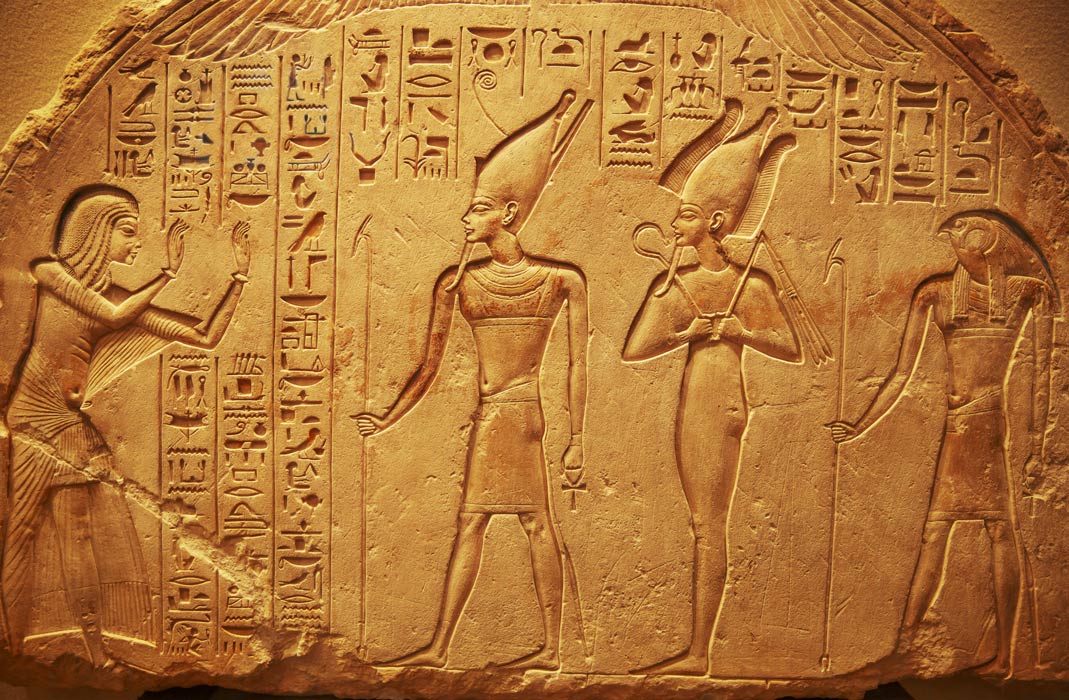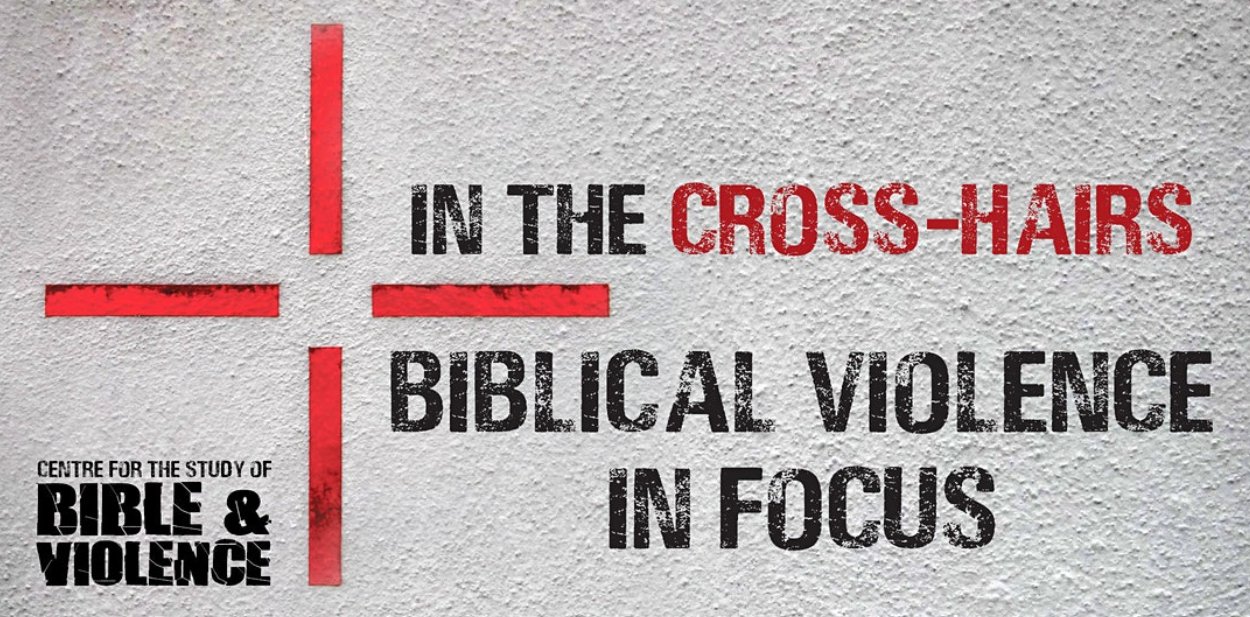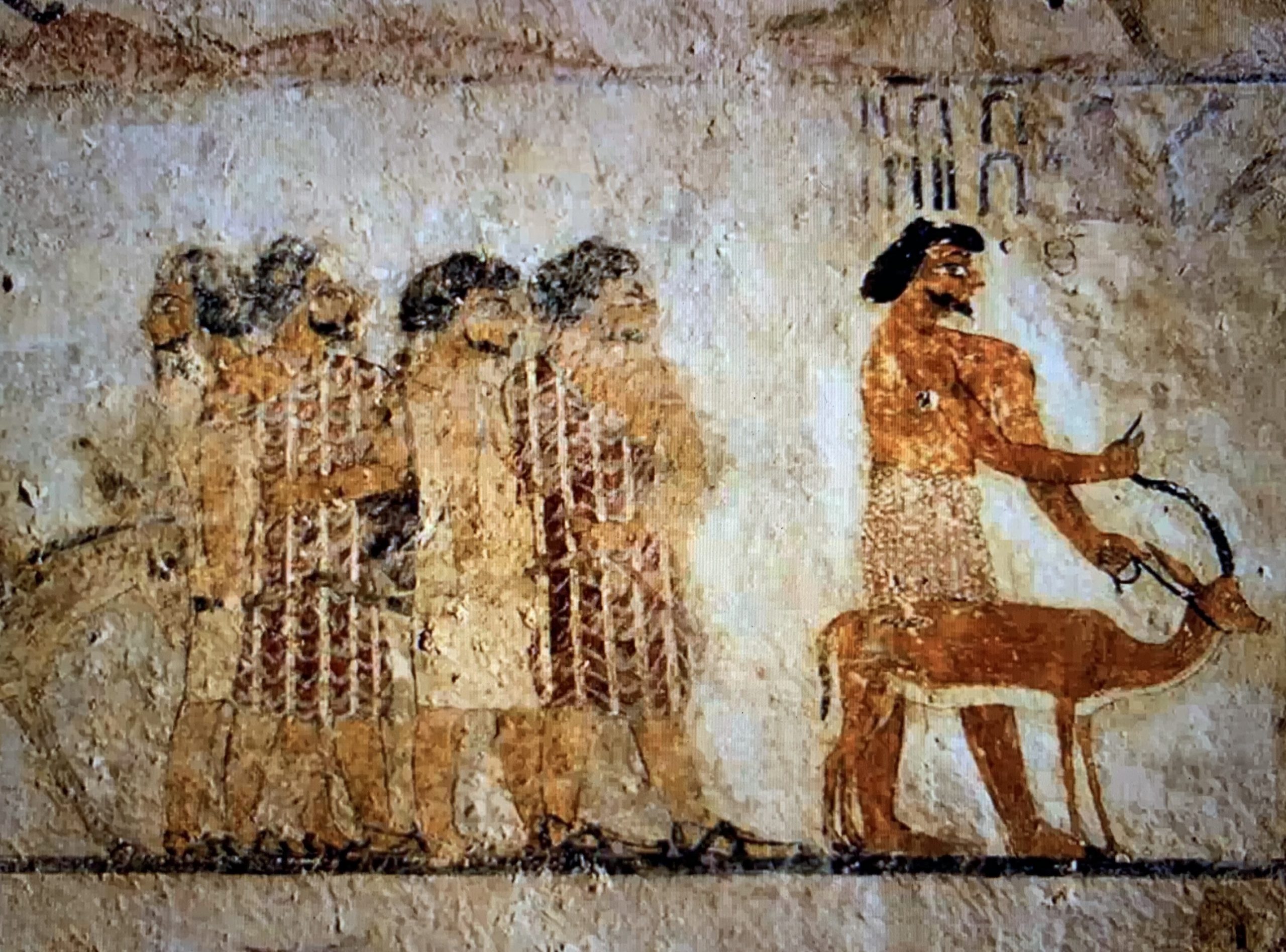Jump to the Video Presentation
The book of Genesis has often been at the forefront of debates surrounding the environment and our role within it. How should we interpret humanity’s relationship with the Earth from a scriptural perspective?
In a video presentation, I delved into the two creation narratives in Genesis and their implications for our modern-day understanding of environmental stewardship. Here’s a summary of the key takeaways from the presentation:
1. Reinterpreting Hierarchies:
Traditionally, cosmogony – the study of the universe’s origins – has placed humans atop a hierarchical ladder in religious discourse. However, if we re-examine the Genesis narratives, this hierarchical viewpoint might not be the central message of the text. Instead, the Bible might emphasize a symbiotic relationship where humans and the environment co-exist harmoniously without dominating the other.
2. Creation as Relationship:
In the first creation story (Genesis 1), the emphasis is on the relationship between the Creator and creation. It’s not merely about how things came into being but about the ongoing, dynamic interaction between God and the universe. Cosmogonic narratives in the Hebrew Bible reveal relationships, not historicity, as many presume.
3. Defining Terms:
- Cosmogony: Originates from Greek and refers to the origins of the universe.
- Genesis: A Latin title derived from Hebrew, meaning the beginning or start.
- Earth & Humankind: The close relationship between the Hebrew terms ‘adamah (Earth) and ‘adam (humankind) hint at an intrinsic relationship between the two beings, with humans symbolically tied to the Earth from which they were made.
4. To Serve or Enslave the Earth:
A central question arises from the two creation narratives: Are humans supposed to “subdue” the Earth (as stated in Genesis 1:28) or “serve and keep” it (as in Genesis 2:15)? The word “subdue” in Hebrew has strong connotations, leaning towards enslavement or even subjugation. However, Genesis 2 promotes the idea of stewardship, where humans care for the land in a protective manner. These two concepts are at odds, but the text gives us other clues about prioritizing this instruction.
5. Cycles of Nature:
The first eleven chapters of Genesis can be viewed as a cosmogonic cycle, with interwoven themes of creation, human relationships, and stewardship. From the initial proclamation that creation was “good” to establishing humanity as caretakers of the Earth, followed by the catastrophic flood in Genesis 6 due to human wickedness – the narrative offers profound insights into humanity’s role and responsibilities.
In conclusion, while the Genesis creation narratives might appear contradictory at first glance, a deeper examination reveals a consistent theme of respect, responsibility, and care towards our environment. By bridging the ancient wisdom of these texts with our modern understanding, we can pave the way for a more sustainable and harmonious coexistence with the world around us.
Watch the full presentation:

Dr. Erica Mongé-Greer, holding a PhD in Divinity from the University of Aberdeen, is a distinguished researcher and educator specializing in Biblical Ethics, Mythopoeia, and Resistance Theory. Her work focuses on justice in ancient religious texts, notably reinterpreting Psalm 82’s ethics in the Hebrew Bible, with her findings currently under peer review.
In addition to her academic research, Dr. Mongé-Greer is an experienced University instructor, having taught various biblical studies courses. Her teaching philosophy integrates theoretical discussions with practical insights, promoting an inclusive and dynamic learning environment.
Her ongoing projects include a book on religious themes in the series Battlestar Galactica and further research in biblical ethics, showcasing her dedication to interdisciplinary studies that blend religion with contemporary issues.




